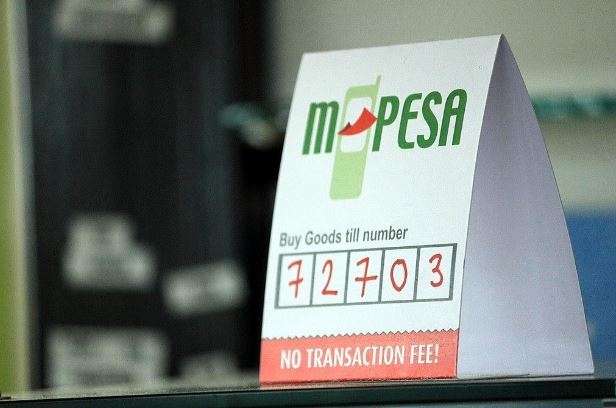
Daniel Mainye, senior manager for fintech, brand, and innovation at Nairobi-based Cytonn Investments, has highlighted how the enhanced cooperation between Kenya and the growing Chinese fintech sector gives two key benefits: access to the sizable Chinese consumer market and the latest technological developments.
The integration between Alipay, a Chinese fintech company, and M-PESA, the revolutionary mobile phone transaction system ubiquitous in Kenya, that happened in March last year, also underlined the existing levels of collaboration between the two countries. Kenyan financial institutions are also stepping up partnerships, with big hitters such as Family Banks and Equity integrating both WeChat and Alipay with their payment platforms.
Kenya already has a strong fintech presence, and it has a legitimate claim to being its hub on the continent. This phenomenon unarguably finds its origin in M-PESA. By harnessing mobile phone technology, the Vodafone-led initiative has helped Kenya achieve greater financial inclusion; this has resulted in a reduction in inequality and alleviation of poverty in the country.
M-PESA, Paving the Way for Financial Inclusion
M-PESA is now used throughout the country and is a standard method of payment. It is difficult to overestimate the effects of the company on Kenya’s daily economic reality. Residents use the platform to buy fresh fruit and vegetables in local markets, for example. It is just as common to see someone pay in cash as it is to witness a mobile-driven transaction.
Generally, where cash is accepted, M-PESA is also an option. This technology also enables the growth of other industries where those without bank accounts have struggled to become consumers, such as Kenyan online casinos or the e-commerce shops. Economically, this is a vital development, as it allows those previously classed as ‘unbanked’ to perform transactions and thereby fuel economic growth.
Sub-saharan Africa as a whole is a leader in the number of people using mobile money accounts, with 12% of adults (equivalent to approximately one-third of the banked population) compared to just 2% worldwide using the technology to conduct transactions.
The positive effects of M-PESA in Kenya overflowed to neighboring regions. The rate of financial inclusion in sub-Saharan Africa has risen steadily to reach a record level of 43%. It is likely that growing collaboration with China only helps to increase this figure.
Benefits Go Both Ways
The increased collaboration between the two countries is undoubtedly benefiting Kenya. The growing demand for Chinese apps, access to a significant consumer market, the clear technological benefits; as a result, Kenya will have greater and greater economic growth in the years to come.
For example, Kenya’s tourism and hospitality sector is adopting Chinese fintech to make transactions easier for growing numbers of Asian visitors. Kenyan financial institutions are also embracing Chinese payment platforms to encourage investment. Access to improved technology will further reach unbanked members of the population.
However, and this should not be underestimated, China also stands to win with this partnership. The mobile phone penetration in Kenya gives Chinese firms clear opportunities for investment. Drawing on data from the Communication Authority of Kenya, a staggering 29.1 million mobile money subscriptions exist in the country at the current moment.
And the experience of giving unbanked sectors of the population access to a developed transaction system is incredibly useful; even considering its position as a global economic leader, China still has 40% of its population living in rural areas and with little access to financial services.
China also benefits through the sale of its products to the Kenyan population. WeChat Pay and Alipay are both already known in the country, and the increased awareness of China-Kenya collaborations will further fuel their adoption. Interest in eCommerce platforms such as Aliexpress.com also continues to grow.
Potential for Further Growth
Considering mobile penetration is still relatively low at just under 50% throughout sub-Saharan Africa, it is clear that the growing partnership between China and Kenya will have a positive financial effect on the region.
There is incredible potential for further development of store-of-value transaction products, as well as other key sectors. It will further facilitate Chinese investors to transfer necessary funds into the region.
The fintech industry will further likely see accelerated growth due to Covid-19 and the enforced adoption of digitization of services. Both governments and the private sector alike are looking for ways to improve efficiency, provide greater flexibility, and ensure negative economic effects can be dampened.






